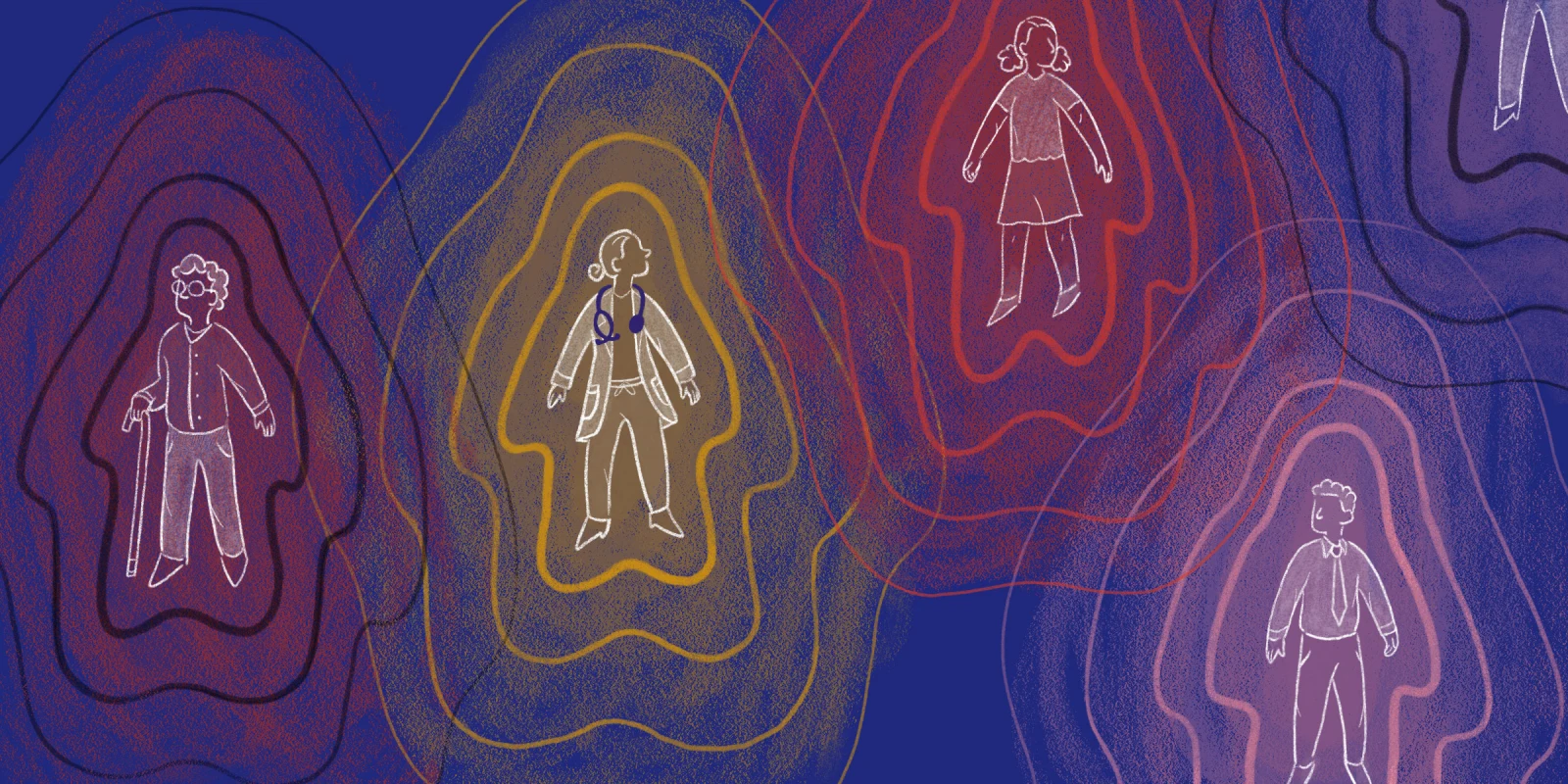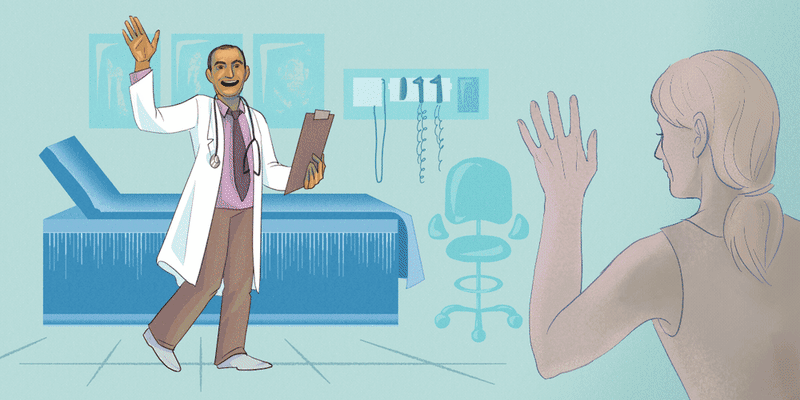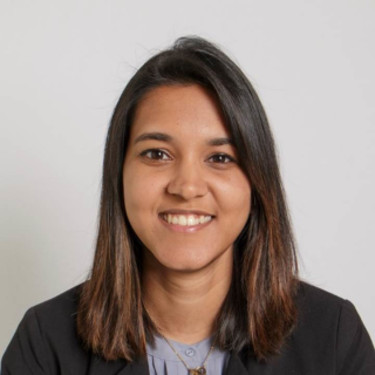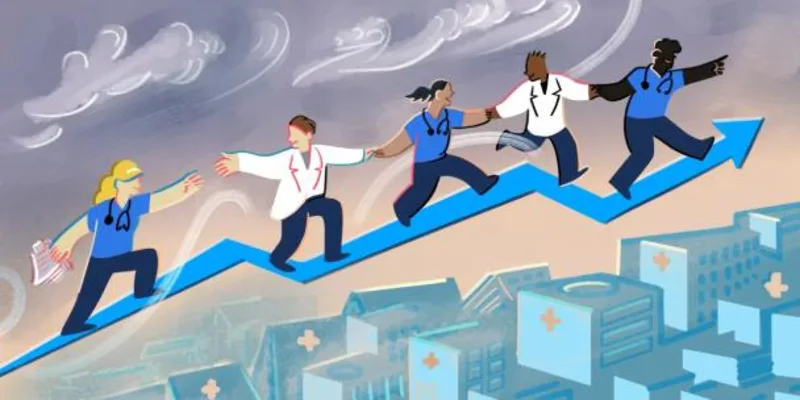She's is in my office for treatment of her urinary incontinence, but during the discussion, she mentions that her husband is being affected by a medical condition that is making him increasingly forgetful.
“He nearly set the house on fire the other day,” she says. “He started cooking in the kitchen, then went into the living room and fell asleep on the couch. I woke up to find the house full of smoke and turned the burner off just in time.”
He's in my office for follow-up for his prostate cancer. He's doing very well. His PSA is undetectable and it looks like he's in remission, but during our discussion, he mentions he's having heart surgery next week.
She's in my office accompanying her adult daughter with a learning disability, who's seeing me because she has frequent UTIs. The daughter is doing well, but the mother has to get around with a wheelchair and is looking increasingly frail every time I see her.
These are the encounters that haunt me after I leave the exam room. The visits that always leave me feeling that I haven’t done enough. I can refill my patients’ prescriptions for their urinary symptoms, I can reassure them their labs are normal, and I can offer advice on preventing UTIs, but when faced with all the other trials they are experiencing, my efforts seem trivial. There are ways I can help, but beyond a certain point, I can only offer sympathy and, in some cases, refer them to the appropriate specialty.
In our medical training, we spend so much time learning about what we can do that we often fail to talk about or recognize our limitations. After all, we went into this profession first and foremost to help people, and our innate desire to help is nurtured and reinforced during our education. We are trained to solve the problems we encounter and restore our patients to health. But as a urology PA, I can't treat my patient’s colon cancer, or their diabetes, or help them if they're struggling to care for an ailing loved one. Facing these limitations is a tough pill to swallow, because completing these encounters feels like leaving a job unfinished. When I leave the patients’ exam rooms after these visits, I feel as if I am carrying some of my patients’ burdens with me. Unsure what to do with this emotional load, I hold on to it for a while, as if feeling my patients’ pain will give them some relief.
However, this strategy is neither helpful or productive, and in these cases it is important to find a constructive outlet to relieve this stress. Exercise, meditation, and time with family help me find perspective, and allow me to let go of the pain and suffering without losing my compassion. At the end of the day, we have to offer whatever help we can, and accept that we play a relatively small role in our patients’ lives. After all, in the office setting, we typically see them once or twice a year for about 15 minutes. This lesson is not only good for our egos, but also for our well-being. We can give our best efforts for our patients and care for them, but we have to recognize that our sphere of influence is limited. At the same time, we mustn't discount the importance of providing a listening ear. In some cases, I've walked away from a patient encounter feeling as if I've done very little except hear their story, yet I've received a profuse thank you from them. They seem a little happier as they leave the office, and they smile with genuine warmth and gratitude. We may influence our patients' lives at times, and even in some cases hold their lives in our hands, but we are not responsible for their entire lives. Our patients’ lives must be lived as they see fit, and we must provide assistance where it is possible for us to do so. Sometimes all we can do is listen, but oftentimes that is enough.
Hillary McDonald is a urology PA practicing in southern Maryland. She enjoys learning about random trivia, especially if it's related to medicine, and any activity that takes her outdoors. Recently she was crazy enough to run her first 50k race, and she's looking for the next challenge.
Illustration by Diana Connolly






